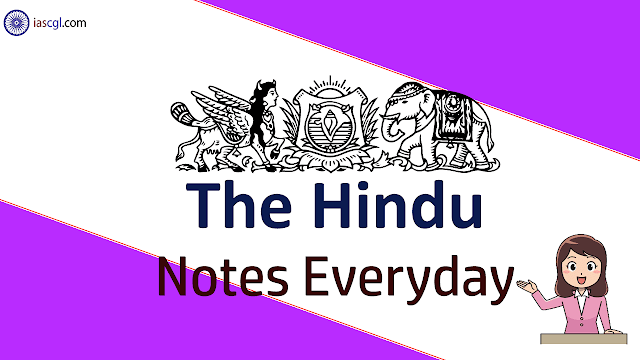Read The Hindu Notes of 26th December 2018 for UPSC Civil Service Examination, State Civil Service Examination and other competitive Examination

- Elections in an embattled democracy
- On a shaky foundation
- Chabahar tidings
- The worried Indian
- ‘I don’t think we should be talking to Naxals’
- Many miles to Mecca
Elections in an embattled democracy
Voters in Bangladesh face an imperfect choice: a heavy-handed incumbent versus a party that has stoked extremism
The BNP threat
An unusual coalition
Awami League’s record
On a shaky foundation
Section 69 of the IT Act allows for disproportionate state action, and is antithetical to the right to privacy
What is missed out
Implications for free speech
Another inconsistency

0Comments